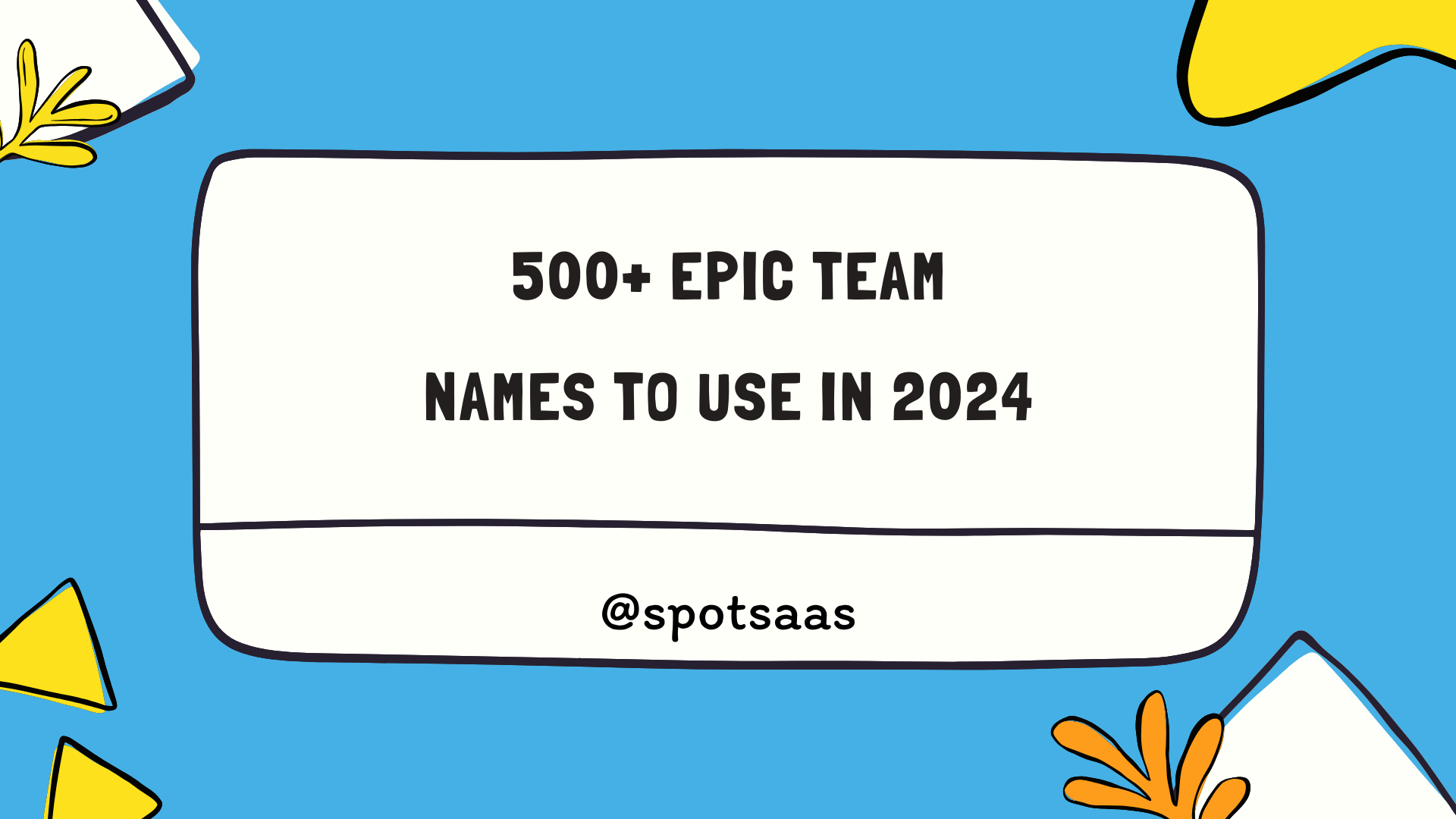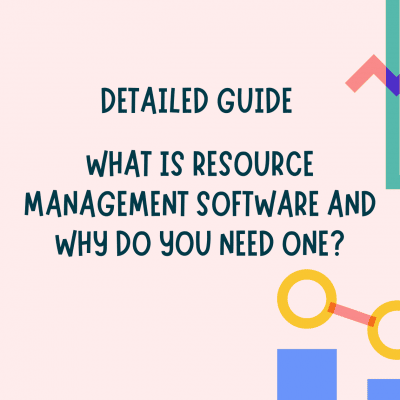How To Choose The Best Conversational Marketing Software In 2024
This article is your guiding light, offering comprehensive advice on selecting the right software to meet your business needs perfectly.
What is Conversational Marketing Software?
Conversational Marketing Software refers to a set of digital tools and platforms that enable businesses to engage with their customers in real-time conversations. This software leverages various communication channels, such as chatbots, live chat, voice assistants, email, and social media, to interact with customers on a personal level and drive meaningful interactions throughout the customer journey.
Definition and purpose
Conversational Marketing Software is a tool that businesses use to talk with customers. It helps create a dialogue between the company and its clients. With it, companies provide quick responses and solve problems faster.
Customers feel heard when this software is in use because they can speak one-on-one with someone from the company at any time. It’s like having a 24/7 help desk! This leads to happy customers and growing sales for the business.
Types of Conversational Marketing Software
There are many kinds of conversational marketing software. Here are some you can take a look at:
| Types of Customer Interaction Software | Description |
|---|---|
| AI chatbots | This software talks and answers customer questions. It works even when your team is away. |
| Live chat systems | These let your staff talk to website visitors in real time. |
| Email marketing tools | They help to send messages that start a conversation with customers. |
| Customer support software | This type helps solve problems and answer customer questions. |
| Social media marketing software | With it, you can start chats through social media platforms like Facebook or Twitter. |
| CRM software | It keeps track of all talks with customers. |
| Sales funnel tools | They guide leads from the first hello all the way to buying your product. |
| Analytics tools | These show data on how well your chats are going and what needs to be improved. |
How Conversational Marketing Works
Conversational Marketing works by utilizing various features and functions to engage customers in real-time conversations. This includes AI-powered chatbots, live chat functionality, voice assistant integration, and connectivity with email and social media platforms.
These tools enable businesses to personalize customer interactions, generate leads, manage customer relationships, and track analytics for better marketing strategies. Overall, Conversational Marketing Software enhances customer engagement and improves the overall customer experience.
Key features and functions
Conversational marketing software offers many key features. These tools can chat with people in a natural way. They answer questions quickly and help visitors to your site. Here are some of them:
| Types of Customer Interaction Software | Description |
|---|---|
| Chatbots | They can chat with many people at the same time. |
| Live Chat | This lets a real person talk to customers on your site. |
| Voice Assistant Support | Some programs work with voice helpers like Alexa or Siri. |
| Social Media Links | These tools let you chat from social media sites. |
| Email Links | You can answer emails directly through the software. |
| Data Reports | The program will tell you how well chats are going and how to make them better. |
Benefits of using Conversational Marketing Software
Using conversational marketing software can provide several benefits for businesses. Firstly, it allows companies to engage in real-time conversations with their customers, which helps to build stronger relationships and improve customer satisfaction.
Secondly, this software can automate personalized interactions, making it easier to respond to customer inquiries and provide relevant information. Thirdly, conversational marketing software can generate leads and help convert them into sales by guiding customers through the sales funnel.
Additionally, it provides valuable data and analytics that enable businesses to measure the effectiveness of their marketing strategies and make informed decisions. Finally, using conversational marketing software can enhance the overall customer experience by providing seamless communication across multiple channels like chatbots, live chat, voice assistants, email, and social media platforms.
Factors to Consider When Choosing Conversational Marketing Software
When selecting conversational marketing software, there are several important factors to consider. Factors such as price, integration with existing systems, customization options, and user-friendliness should be taken into account in order to choose the best software for your business needs.
Price
When choosing the best conversational marketing software, price is an important factor to consider. Different software options have varying pricing structures, so it’s crucial to determine your budget and find a solution that aligns with it.
Take into account any additional costs, such as monthly subscriptions or implementation fees. Remember to compare the features and functionality offered by each software option against their respective prices to ensure you get the best value for your money.
Consider your business needs and growth potential when evaluating the price of conversational marketing software options.
Integration with existing systems
Integration with existing systems is a crucial factor to consider when choosing conversational marketing software. It’s important that the software can seamlessly integrate with your current systems, such as your CRM or email marketing software.
This allows for efficient data exchange and enables you to leverage your existing customer information for personalized conversations. Additionally, integration ensures a smooth transition and avoids any disruption in your business operations.
So, when selecting conversational marketing software, make sure it offers easy integration with your existing systems to maximize its effectiveness and streamline your processes.
Customization options
Customization options are an important factor to consider when choosing conversational marketing software. These options allow you to tailor the software to meet the specific needs and branding of your business.
You should look for software that offers flexibility in terms of design, messaging, and user experience. This will enable you to create a personalized and seamless customer experience across various platforms and channels.
Customization options also include the ability to integrate with other systems or tools that you may already use in your marketing stack. By choosing a software that allows for customization, you can ensure that it meets your unique requirements and aligns with your overall marketing strategy.
User-friendliness
Conversational marketing software should be easy to use and navigate, even for those who are not tech-savvy. It should have a simple and intuitive interface that allows users to set up and manage their conversations with ease.
This means that the software should have clear instructions and prompts, making it easy for users to create chatbots, set up live chats, and integrate other communication channels.
User-friendly conversational marketing software also offers customization options so that businesses can tailor the conversation experience to their brand’s tone and style. With user-friendly software, businesses can quickly adapt to changes in customer preferences and keep their conversations engaging and effective without needing extensive technical knowledge or training.
Top Features to Look for in Conversational Marketing Software
When it comes to choosing the best conversational marketing software, there are several key features that you should look for. Chatbot capabilities allow for automated and personalized interactions with customers, while live chat functionality enables real-time communication.
Integration with voice assistants, email, and social media platforms helps to reach a wider audience. Analytics and data tracking provide valuable insights into customer behavior and preferences.
To find out more about these top features and how they can benefit your business, keep reading.
Chatbot capabilities
Conversational marketing software is equipped with chatbot capabilities, which allow businesses to automate customer interactions and provide instant support. These AI-powered chatbots can handle multiple conversations simultaneously, answering common questions and guiding customers through the sales process.
They can understand natural language inputs and provide personalized responses based on user behaviour and preferences. Chatbots also can qualify leads, gather customer data, and schedule appointments or demos.
With their 24/7 availability, chatbots enhance customer engagement and improve overall satisfaction levels.
Live chat functionality
Live chat functionality is an important feature to consider when choosing conversational marketing software. It allows businesses to engage with customers in real time, providing instant support and assistance.
With live chat, businesses can answer customer inquiries, address concerns, and guide them through the sales process. This interactive communication channel helps build trust and improves customer satisfaction.
Additionally, live chat functionality provides valuable insights into customer behaviour and preferences, allowing businesses to optimize their marketing strategies and improve conversion rates.
Voice assistant integration
Voice assistant integration is an important feature to consider when choosing conversational marketing software. With voice assistants becoming increasingly popular, such as Amazon’s Alexa or Apple’s Siri, integrating these capabilities into your marketing strategy can greatly enhance customer engagement.
Voice assistant integration allows users to interact with your brand using natural language and voice commands, creating a more personalized and convenient experience. By incorporating this functionality into your conversational marketing software, you can reach customers through multiple channels and provide them with seamless support and information.
This not only improves customer satisfaction but also helps in generating valuable insights from user interactions for better targeting and decision-making in your marketing efforts.
Email and social media connectivity
Conversational marketing software that offers email and social media connectivity allows businesses to reach customers through multiple channels. With this feature, you can integrate your conversational marketing platform with your email marketing software, making it easier to send personalized messages and engage with leads.
Additionally, the software enables you to connect with customers on social media platforms like Facebook Messenger or WhatsApp, allowing for real-time conversations and increased customer engagement.
By utilizing email and social media connectivity in your conversational marketing strategy, you can expand your reach and provide a seamless experience for your audience across different communication channels.
Analytics and data tracking
Analytics and data tracking are crucial features to consider when choosing conversational marketing software. These tools provide valuable insights into customer behaviour, preferences, and interactions with your brand.
By analyzing the data collected from various channels like chatbots, live chat, and social media, you can gain a deeper understanding of your target audience and personalize their experiences.
This data-driven approach allows you to make informed decisions about marketing strategies, content creation, and lead-generation efforts. Furthermore, analytics help measure the effectiveness of your conversational marketing campaigns by providing metrics such as conversion rates, engagement levels, and customer satisfaction scores.
Conclusion
In conclusion, choosing the best conversational marketing software requires careful consideration of factors such as price, integration with existing systems, customization options, and user-friendliness.
It is also important to look for key features like chatbot capabilities, live chat functionality, voice assistant integration, email and social media connectivity, and analytics and data tracking.
By evaluating these factors and considering your specific business needs, you can select the right conversational marketing software to enhance customer engagement and drive sales.




